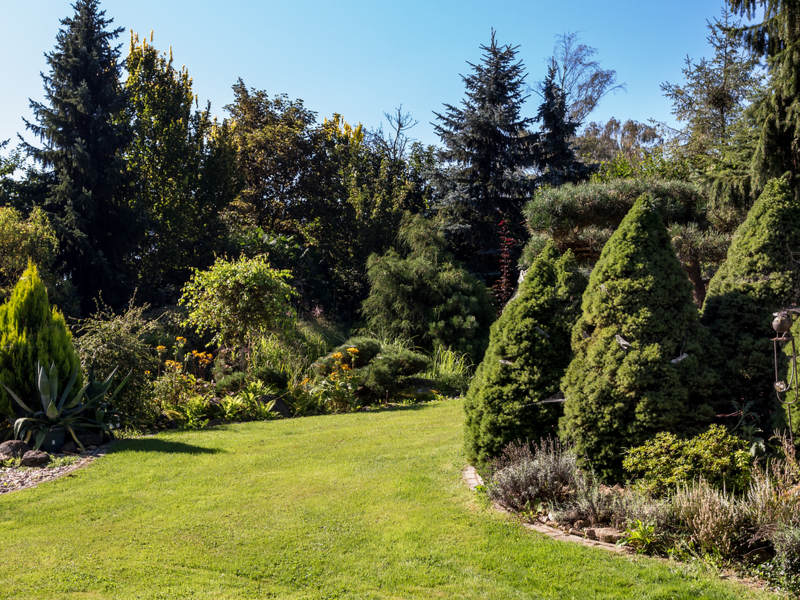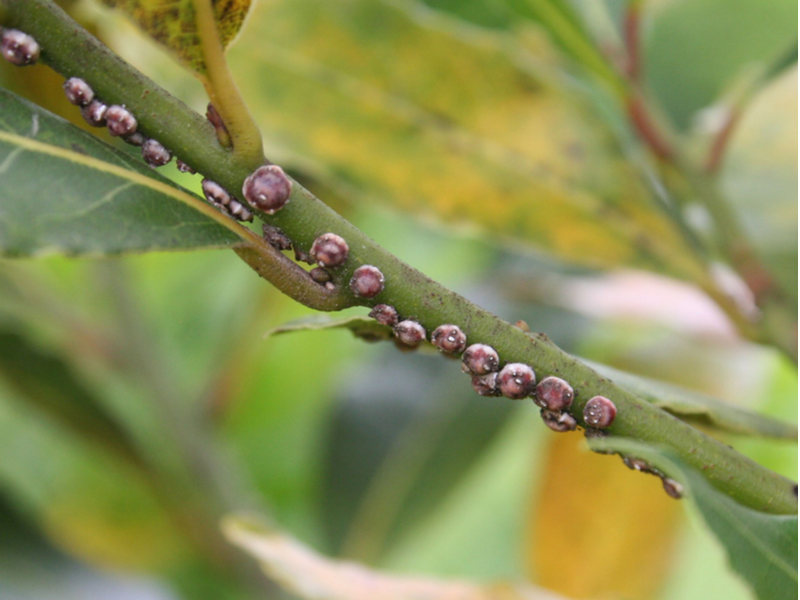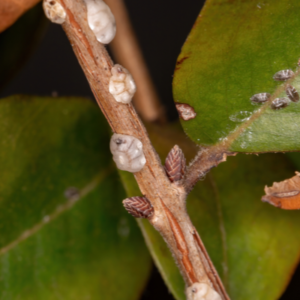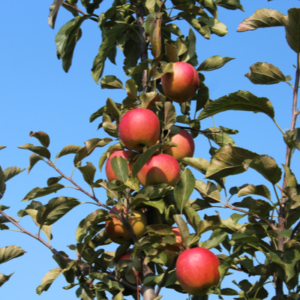The Best Evergreens To Beautify Your Michigan Landscapes
Trees are a staple to yards in Michigan, and one of the most popular types of trees to plant are evergreens. Why? Because they are so easy to take care of and, most importantly, no leaves to rake up in the fall. Evergreens can provide year-round beauty and privacy as well as attracting wildlife. Here is a list of the best evergreens to beautify your Michigan landscapes
Blue Spruce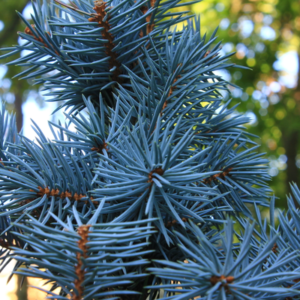
Blue spruce is native to the Colorado mountains region, but it has become a favorite tree in Michigan over the years. Their thick full form provides an ideal shape that can be used for privacy fences, sound barriers, and windbreakers. They retain their beauty year-round and can make your landscapes pop in the winter. Blue spruce make excellent nesting places for robins, chickadees and other birds. As beautiful as they are, blue spruces are not native to Michigan and are susceptible to certain diseases that have begun to plague spruce trees throughout the state.
Jack Pine
Jack pine is a valuable timber tree in Michigan and Canada. It ranges from 30-72 feet in height and does not usually grow perfectly straight like it’s cousins. Most importantly, it’s the preferred nesting ground for the endangered Kirtland’s warbler. These birds require trees ranging from five to 20 feet tall and nest in forests larger than 80 acres.
Black Spruce
The black spruce is a small, slow-growing, narrow evergreen tree with a spire-like crown. It’s branches droop downward to sweep the ground, making it an ideal Christmas tree. It is an excellent choice for cold northern climates, and it is tolerant of wet sites. It makes an excellent home for birds such as robins and a warm place to roost for overwintering birds.
Scotch Pine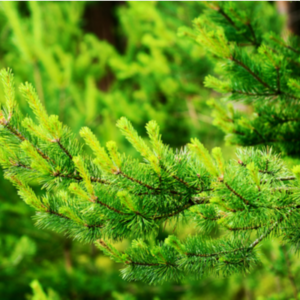
The Scotch Pine or Scots pine is a native to Europe and Asia. It was brought to America at the turn of the last century and was a popular tree for farmers to plant on their property. It has thick, dark grey-brown bark that turns reddish-orange as the tree gets older. Its needles are a greenish-blue and have excellent retention, making them a popular Christmas tree in Michigan. Birds and other wildlife are attracted to the seeds, and it is a favorite nesting spot for owls.
Eastern White Pine
For those of you up on your Michigan facts, the eastern white pine is the state tree of the Wolverine State. These are hardy trees that can grow 50 to 80 feet in height with a spread of 20 to 40 feet across. Its grand appearance may be why Native Americans referred to this tree as the “Tree of Peace.” As it matures, it loses its bottom branches, making it a great shade tree. When they are younger, they make Ideal privacy screens or windbreaks. The eastern white pine prefers moist, well-drained soils. Mature trees are usually 200 to 250 years old, and some can live for over 500 years. This is definitely a tree that you can invest in your property and know that it will be around for generations.
Call The Tree Removal Experts
Trees are great additions to our landscape, but sometimes they can become a problem. Diseased trees can infect and kill neighboring trees, while dead trees pose threats to property and people. When you need to remove a tree call the experts at PPM Tree Service & Arbor Care
Give us a call at (877) 454-8733 or request a quote here. Hear about the latest news and offers from PPM by following us on Twitter and Facebook. Don’t forget to check out the monthly PPM Tree blog for all your tree care tips and tricks.


